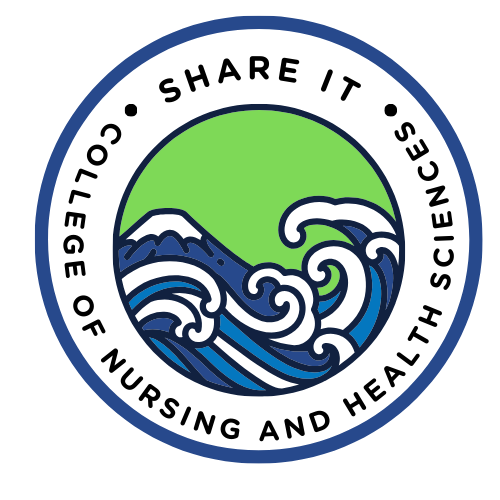College of Nursing & Health Sciences
The College of Nursing and Health Sciences (CONHS) at Texas A&M University-Corpus Christi is committed to shaping the future of healthcare by advancing education, research, and community engagement. As the leading provider of health sciences education on the Texas Gulf Coast, our mission is to address the diverse healthcare needs of our communities through innovative and interdisciplinary programs. We prepare graduates to excel in a rapidly changing healthcare environment, equipping them with the skills and knowledge to deliver high-quality, compassionate care, and drive improvements across the health sector.
The College offers a range of accredited undergraduate, graduate, and doctoral programs in nursing, health sciences, and public health, including our newly developed Bachelor’s in Public Health and Master of Public Health (MPH) programs. Each program is designed to provide a strong foundation in evidence-based practice, critical thinking, and leadership. Our curriculum emphasizes hands-on, practical learning experiences with access to state-of-the-art simulation labs, clinical placements, and community partnerships that allow students to apply their knowledge in real-world settings.
Our faculty are distinguished experts, researchers, and practitioners who bring invaluable experience to the classroom and mentor students as they navigate their educational and professional journeys. With specializations in areas such as community health, chronic disease prevention, and health equity, our faculty members lead impactful research and community initiatives that contribute to the well-being of South Texas residents.

